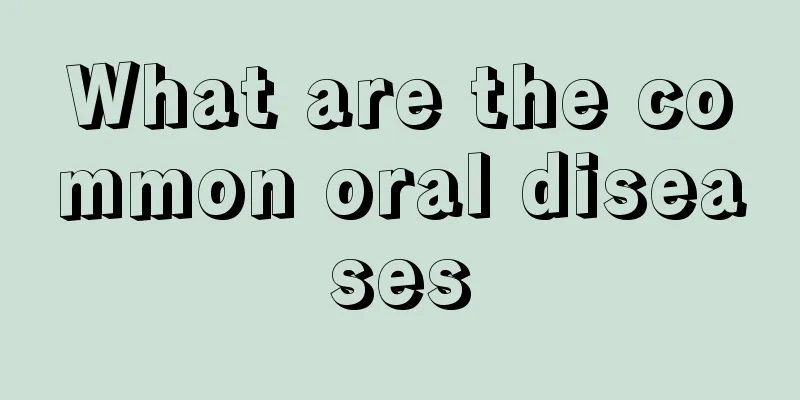What kind of cancer is kidney cancer?

|
Kidney cancer generally refers to malignant tumors that occur in kidney tissue. Common types include renal cell carcinoma, which accounts for about 85%, renal pelvic cancer, and the rare Wilms tumor in children. The specific type needs to be determined through clinical examination and pathological diagnosis. The cause is related to multiple factors such as genetic factors, environmental exposure, and lifestyle habits. The treatment effect can be improved through standardized treatments such as surgery and targeted drugs. 1Main types and causes of kidney cancer The most common type of kidney cancer is renal cell carcinoma, which mainly originates from renal tubular epithelial cells. This type of cancer mainly manifests as local masses and is easy to metastasize. Renal pelvic cancer mainly originates from the transitional epithelial cells of the renal pelvis. Wilms' tumor is a childhood tumor and is even rarer. In terms of etiology, it is closely related to genetic factors such as some familial tumor syndromes such as VHL syndrome. It may also be related to environmental exposure such as long-term exposure to chemical carcinogens, smoking, and lifestyle habits such as obesity. Patients with chronic kidney disease will also have an increased risk of cancer. 2 Main treatments for kidney cancer Once kidney cancer is diagnosed, general treatment includes the following: Surgical treatment: mainly surgical resection, including partial nephrectomy to retain some renal function and radical nephrectomy is suitable for advanced renal cancer and is the preferred treatment method. Targeted drug therapy: Commonly used drugs such as sunitinib and pazopanib are mainly used for patients with advanced or metastatic renal cell carcinoma to delay disease progression by curbing the growth of cancer cells. Immunotherapy: It has been widely used in recent years, such as PD-1 inhibitors such as nivolumab, which help enhance the immune system to attack cancer cells. 3 How to prevent and cooperate with treatment Prevention can start with adjusting lifestyle, such as quitting smoking and limiting alcohol consumption, reducing the risk of obesity, and actively treating chronic kidney diseases; eating green leafy vegetables and fruits rich in antioxidants; and avoiding contact with harmful chemicals. For those who are already ill, they need to actively cooperate with doctors for treatment; postoperative patients should have regular checkups to prevent recurrence, and adopt healthy diet and exercise to strengthen the body's immunity. The type, symptoms and treatment effects of kidney cancer depend on the progression of the disease and individual differences. Early diagnosis and standardized treatment are the key to improving prognosis. It is recommended that you seek medical attention as soon as possible for a clear diagnosis when relevant symptoms appear. |
>>: What causes skin fibroma and what are the symptoms
Recommend
Is it good to drink goat milk after gastric cancer surgery
Goat milk is relatively comprehensive in nutritio...
Does a 6cm renal hamartoma require surgery? How big a renal hamartoma requires surgery?
Renal hamartoma is composed of abnormally prolife...
Can nasopharyngeal cancer be cured? How about biological immunotherapy?
With the increasing incidence and mortality of ca...
The efficacy and function of dry paint, let you know
Dry lacquer is also called lacquer residue and bl...
Tips for preventing prostate cancer
The incidence of prostate cancer is gradually inc...
How to dry roses
Roses are beautiful and charming, and I believe t...
Is it good to sleep all the time if you have brain cancer?
Brain cancer is a malignant tumor that occurs in ...
CT manifestations of ankylosing spondylitis
Ankylosing spondylitis is a very common disease, ...
How to make Chaihu Xiegan Decoction
I wonder if you have ever drunk Chaihu Xiegan Dec...
Why do you get teratoma
Teratoma is a peculiar and complex tumor, which i...
What are the symptoms of brain cancer?
It is generally believed that "headache, vom...
You need to know about common surgical treatments for bladder cancer
Surgical treatment of bladder cancer is generally...
Does chemotherapy for colorectal cancer have any side effects?
The reaction to chemotherapy varies from person t...
Can thyroid cancer be cured? What are the treatments for thyroid cancer?
Thyroid cancer cannot be cured, and the survival ...
Self-diagnosis method of esophageal cancer
Esophageal cancer is not a new word in clinical p...









